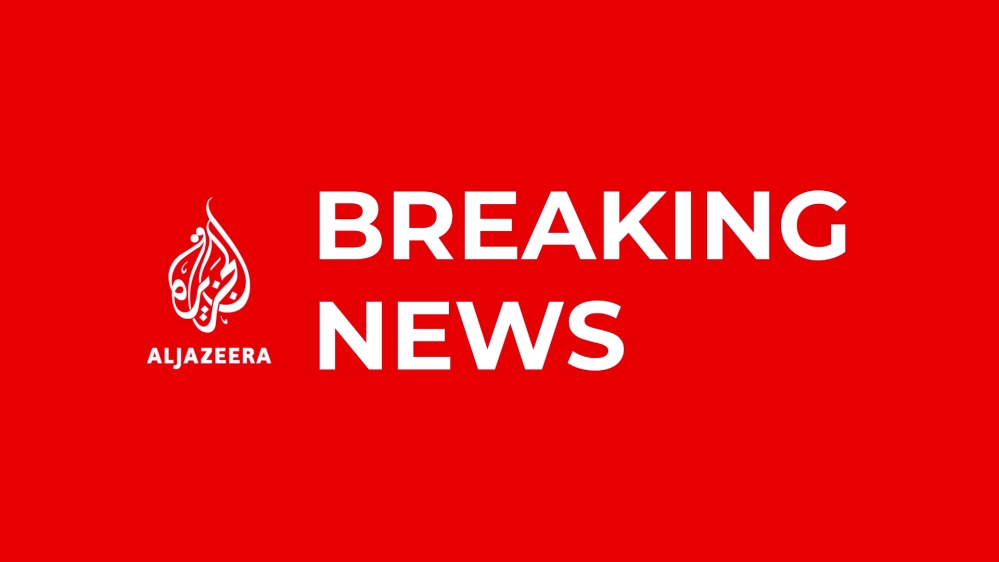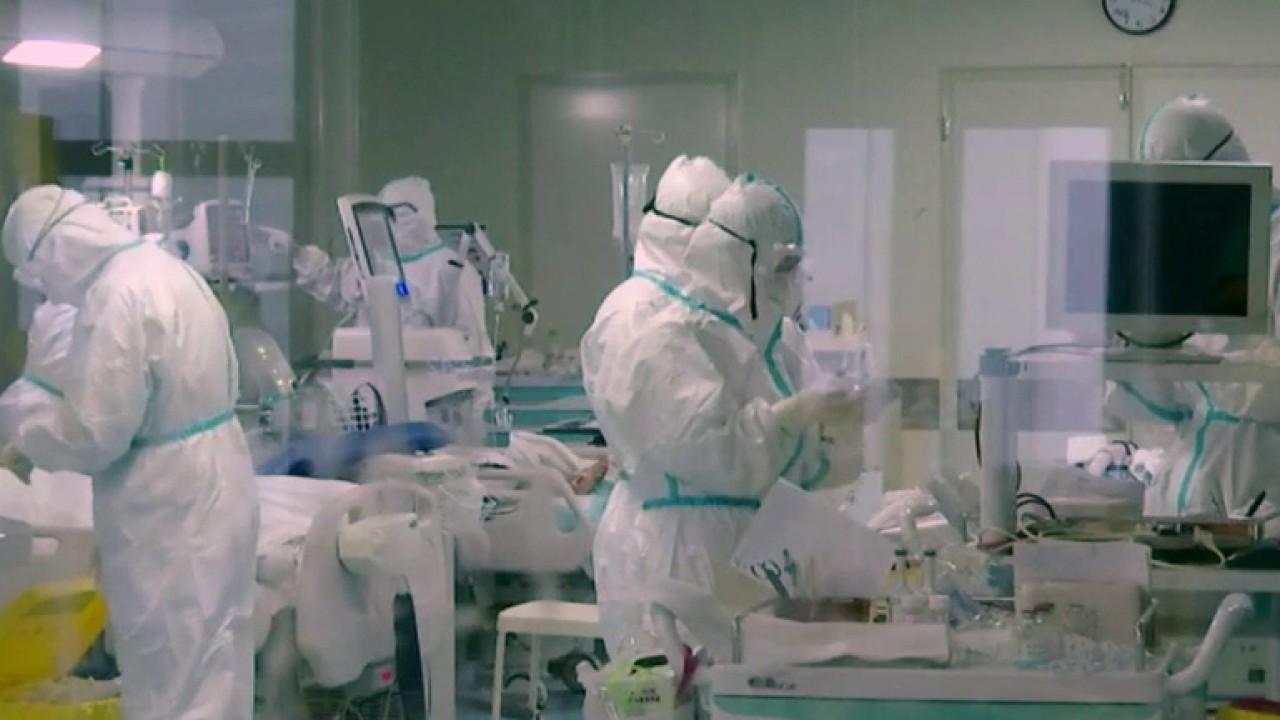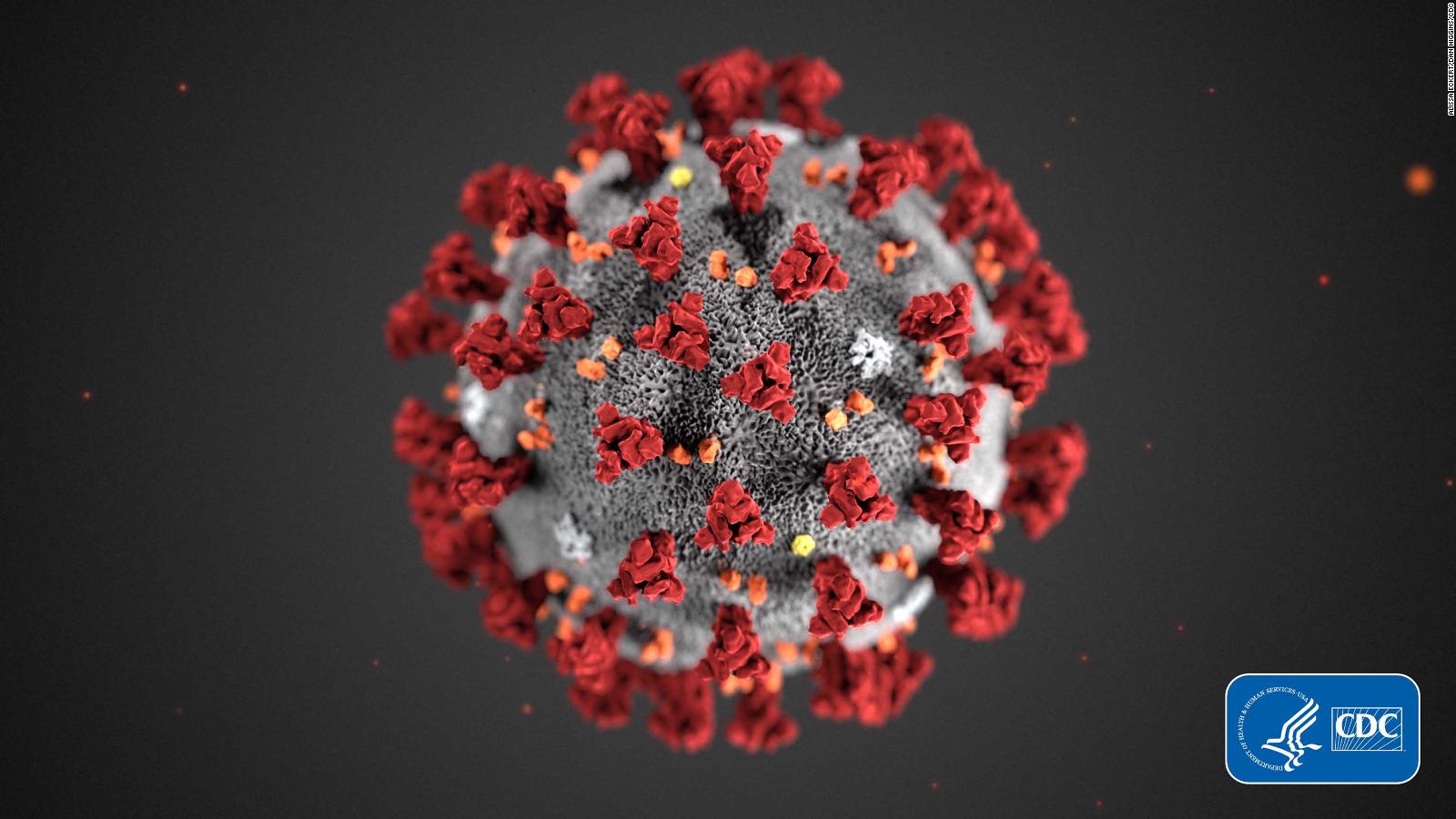Ammar Awad
Reuters
The city of Umm al-Fahm, foreground, and the Wadi Ara, the valley in background, are both majority-Arab areas in northern Israel whose residents are Israeli citizens.
UMM AL-FAHM, ISRAEL — Yousef Jabareen had only heard politicians on Israel’s ideological fringe suggest that he and thousands of Arab Israelis could be stripped of their Israeli citizenship and their towns transferred to Palestinian control.
Last week, he was surprised to find a version of that proposal buried within President Donald Trump’s Israeli-Palestinian peace plan.
A single paragraph in the 181-page document proposes the potential redrawing of Israel’s borders such that a cluster of 10 Arab towns north of Tel Aviv, known as “the Triangle,” would be subsumed by a future Palestinian state. That was news to the Triangle’s 350,000 Arab residents, who say they were not consulted on what many say would amount to a forced deportation from Israel, where their families have lived for generations.
“How did this right-wing fantasy end up in an American deal?” asked Jabareen, a political leader and law professor at the University of Haifa. “The clear motivation is to have fewer Arabs in Israel.”
News of the provision sparked immediate protests in the Triangle region, including a weekend march of hundreds in the town of Baqa al-Gharbiya.
“No one will deprive us of citizenship in the homeland where we were born,” Ayman Odeh, the leader of a block of Arab Israeli political parties, told the crowd.
Ahmad Gharabli
AFP/Getty Images
Israeli parliament member Yousef Jabareen, who represents the United Arab List coalition of Arab Israeli parties, is shown in his hometown Umm al-Fahm in northern Israel.
Jabareen, 47, was born and raised in this steeply sloped city of 50,000 residents, where Israeli stores and banks and cellphone shops sit within hearing of the Islamic call to prayer emanating from nearby mosques. His life is thoroughly entwined with the Jewish state: He carries an Israeli passport; pays Israeli taxes; and not only votes in Israeli elections but also has served as a member of the Knesset, Israel’s national parliament, since 2015.
“We are citizens of Israel,” Jabareen said in a coffee shop where the prices are listed in Israeli shekels and the music is Arab pop. “We are second-class citizens, it is true, but no one should try to take our citizenship without even talking to us.”
For these “Arabs of ’48” — the Palestinian families that remained in Israel after it won its war for independence — daily existence reflects a complex mix of Palestinian identity and imperfect integration into Israeli society.
They complain that Israel underfunds their schools and policing, routinely denies their building applications — and then orders the demolition of unapproved structures — and has confiscated thousands of acres of surrounding cropland they had farmed for generations.
But they appreciate the access to universities that has let many here pursue careers in medicine and law. Citizenship gives Arab Israelis — who represent 20 percent of Israel’s population — far more freedom to travel, around Israel and abroad, than is available to Palestinians living in the occupied West Bank and Gaza. Jabareen, who has a law degree from American University and a doctorate from Georgetown, had just come from a hastily called high school assembly, where the principal asked him to reassure students suddenly nervous about their future prospects.
“There was some degree of panic,” he said.
The U.S. Embassy in Jerusalem did not respond to a request for comment on what input Triangle residents would have in their final status and about their claims that they were not consulted by the plan’s architects.
“They didn’t ask us; they didn’t tell us,” Jabareen said. “They just took it from the right-wing politicians who want us to leave. We are pieces on the chess board.”
Few here want to come under the rule of today’s Palestinian Authority, which is plagued with political infighting and accusations of corruption, or of the Palestinian state envisioned by the Trump plan, which would enjoy only limited sovereignty.
“This is the status quo that we have made our lives in, whether we like it or not, Arabs and Jews together,” said Mohammad Abu Majid after hanging up from a phone conversation in Hebrew. His horse stable outside of town draws clients from both communities for riding lessons and horse therapy. One of his sons is a speech therapist in an Israeli school; his brother is a doctor in an Israeli hospital.
“Maybe if they give us a real state with our land back and our dignity, yes, why not?” Majid said. “But this Trump state? No. They are trying to humiliate us.”
Ahmad Gharabli
AFP/Getty Images
Signs point the way to the Arab Israeli city of Umm al-Fahm and the West Bank city of Jenin in northern Israel.
According to the U.N. partition plan that created Israel, the Triangle communities were meant to fall under Jordanian control. But after the 1948 war, they were retained by Israel. Now, the plan “contemplates the possibility, subject to agreement of the parties, that the borders of Israel will be redrawn such that the Triangle Communities become part of the State of Palestine.”
Israeli media reports have suggested the provision was included at the request of Israeli Prime Minister Benjamin Netanyahu. His staff declined to comment.
“The [prime minister] has been conducting talks with the U.S. administration for the past three years on the [Trump peace plan],” said an official in Netanyahu’s office, who spoke on the condition of anonymity. “These talks are ongoing, though it’s too soon to tell what the final outcome and timeline will be.”
Triangle residents assume that Israeli negotiators had pushed the measure.
“It was another gift to Netanyahu,” said Ismail Abu Alyan, who was welding a muffler onto a car with Israeli plates in his downtown garage and who, like most merchants here, depends on Israel for supplies and customers. He recalled a string of recent pro-Israel policy shifts by the White House: “He wanted the Golan Heights, Trump gave it to him; he wanted the embassy in Jerusalem, Trump gave it him. He wants us gone, Trump will give it to him.”
http://www.washingtonpost.com/video/world/unpacking-trumps-deal-of-the-century-for-the-middle-east/2020/01/29/9cbc323a-865d-4144-9f15-f088fc4ba75e_video.html
Some Israeli politicians have condemned the proposal to transfer the communities. Ofer Shelach, a member of the opposition Blue and White party, said the proposal was a non-starter. “This should not be discussed, and when Blue and White comes to power, this clause will be dropped,” Shelach said in an interview with Israeli radio.
Legal scholars said any move to transfer the status of whole communities was likely to run afoul of both Israeli and international law.
“Under Israel’s constitution, these people are citizens of the state and they have the duties and the rights not to be forcefully displaced,” said Hassan Jabareen of Adalah, the Legal Center for Arab Minority Rights in Israel, and no relation to Yousef Jabareen. “In theory, all Arab citizens of Israel have the same legal rights as any other citizen, though in practice Arab citizens are often discriminated against.”
Diana Buttu, a former legal adviser to the Palestinian negotiating team, said that the issue of transferring the Arab population of the Triangle area had not been raised in previous negotiations. “If we allow states to choose which people they have in them based on race or ethnicity or religion, then we are really going down the path of apartheid,” she said.
Ammar Awad
Reuters
An Israeli military road runs between the Arab Israeli city of Umm al-Fahm and the Palestinian village of Anin, in the background, in the Israeli-occupied West Bank near Jenin.
Residents here say the proposal to oust them from Israel comes as many Arab Israelis are becoming more deeply engaged in the Israeli political system. In the national election in September, turnout among Israel’s 1.8 million Arabs jumped 10 percent over the previous election, nearing 60 percent, after a campaign in which Netanyahu was accused of demonizing Arab citizens as enemies of the state and a threat to Israel’s security. A fractious coalition of Arab parties including communists and Islamists won 13 Knesset seats in the voting, although the results failed to produce a governing majority for the second election in a row.
Now, less than a month before Israel’s third election, politicians say Triangle voters may be more motivated than ever to come out.
“[A man] told me this morning, ‘Yousef, this is going to make me vote for the first time,’ ” said Jabareen, the parliamentarian, whose election posters line the main street here. “Netanyahu may want to get rid of Arab voters, but he is making more of them.”
Ruth Eglash contributed to this report.
Read more:
In the West Bank, Trump’s plan has validated settlers’ dreams — and crushed the hopes of Palestinians
Jared Kushner put a knife ‘in Netanyahu’s back’ over annexation delay, says Israeli settler leader
Today’s coverage from Post correspondents around the world
Like Washington Post World on Facebook and stay updated on foreign news
Let's block ads! (Why?)
https://news.google.com/__i/rss/rd/articles/CBMi0wFodHRwczovL3d3dy53YXNoaW5ndG9ucG9zdC5jb20vd29ybGQvbWlkZGxlX2Vhc3QvYnVyaWVkLWluLXRydW1wcy1wZWFjZS1wbGFuLWEtcHJvcG9zYWwtdGhhdC1jb3VsZC1zdHJpcC10aG91c2FuZHMtb2YtaXNyYWVsaS1hcmFicy1vZi10aGVpci1jaXRpemVuc2hpcC8yMDIwLzAyLzA3LzBiNDNmZjBjLTQ2OTYtMTFlYS05MWFiLWNlNDM5YWE1YzdjMV9zdG9yeS5odG1s0gEA?oc=5
2020-02-08 11:00:00Z
52780590257263






